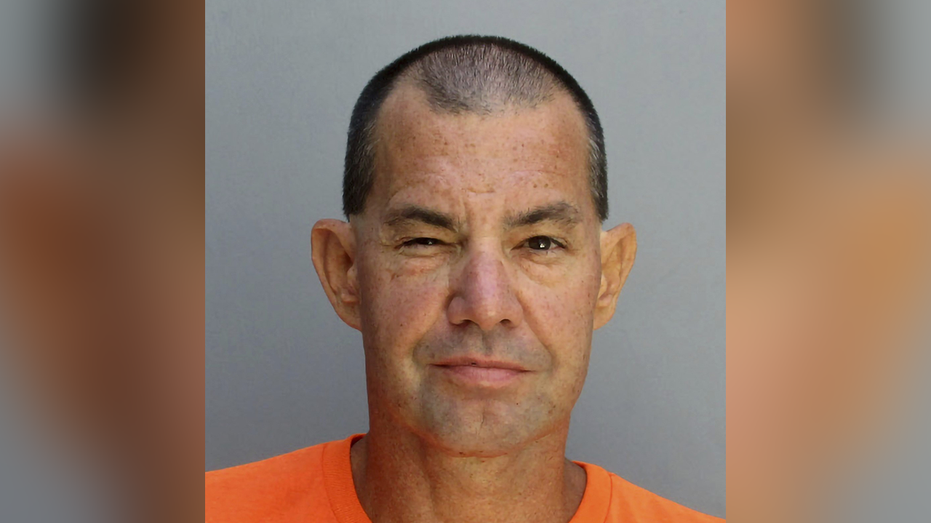An Arizona death row inmate has asked the state Supreme Court to skip legal formalities and schedule his execution earlier than officials were planning.
Aaron Brian Gunches, 53, had previously pushed for the state to carry out his execution for his conviction in the 2002 murder of Ted Price, his girlfriend’s ex-husband, for which he had pleaded guilty. He is set to be put to death by lethal injection.
Grunches’ execution would be Arizona’s first use of the death penalty since a two-year pause to review execution procedures.
In a handwritten court filing this week, Gunches, who is not a lawyer but is representing himself, urged the state’s high court to schedule his execution for mid-February.
He said his death sentence is “long overdue” and that the state was prolonging the process in asking the court for a legal briefing schedule leading up to the execution.
Democrat Attorney General Kris Mayes’ office, which is pursuing Gunches’ execution, said a briefing schedule must be set to ensure corrections officials meet execution requirements, including testing for the pentobarbital that will be used for his lethal injection.
Two years ago, Gunches called on the state Supreme Court to issue his execution warrant on the basis that justice could be served and the victim’s family could receive closure.
Gunches’ execution had been scheduled for April 2023 before Democrat Gov. Katie Hobbs’ office said the state was not prepared to carry out the death penalty because it did not have staff with the expertise to carry out executions.
Hobbs had vowed not to carry out any death sentences until there was confidence the state could do it without violating any laws. Hobbs had ordered a review that effectively ended in November when she dismissed the retired federal magistrate judge she had appointed to lead the review.
TRUMP PLEDGES TO BRING BACK FEDERAL EXECUTIONS AFTER BIDEN COMMUTES DEATH SENTENCES FOR 37 INMATES
CLICK HERE TO GET THE FOX NEWS APP
Arizona has 111 inmates on death row, but last carried out death sentences in 2022, when three inmates were put to death, after a nearly eight-year pause sparked by criticism that a 2014 execution was botched and because of difficulties obtaining lethal injection drugs.
The state has since faced criticism for taking too long to insert an IV for lethal injection into a death row inmate.
The Associated Press contributed to this report.
























